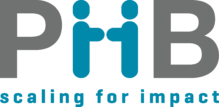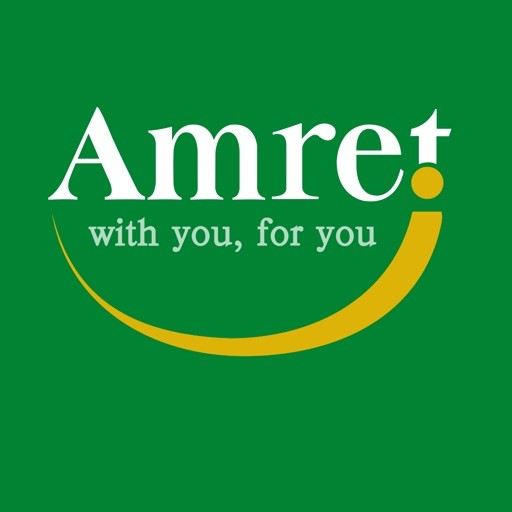
Opportunity and Feasibility study for Mobile Banking (MB) in Cambodia
AMRET is an MFI with 300K clients. The project is part of Agrifin (Agriculture Finance Support Facility) sponsored by the Bill & Melinda Gates Foundation and managed by the World Bank.

Context: AMRET is an MFI with 300K clients. The project is part of Agrifin (Agriculture Finance Support Facility) sponsored by the Bill & Melinda Gates Foundation and managed by the World Bank.
Objective: Define secure, efficient and innovative financial services and their delivery to the rural areas.
Deliverables: Market survey on the needs of the rural market for deposit and other non-credit financial services; Opportunities and constraints presented by both AMRET strategy and internal capacities and the environment; Recommendations on the options for the development of rural n

Deploy Mobile Financial Services Business Model for MFIs in the Philippines
Scaling Innovations in Mobile Money (SIMM) is a 2-year USAID project to scale the uptake of mobile money adoption and usage in the Philippines.

Context: Scaling Innovations in Mobile Money (SIMM) is a 2-year USAID project to scale the uptake of mobile money adoption and usage in the Philippines.
Objective: Reduce operating costs of MFIs in loan disbursement and collections of loan amortization, microinsurance premiums, savings; Increase loan officers productivity, expand outreach, offer new products or services.
Deliverable: Draft MFS business model, Pilot implementation and finalize MFS business model.
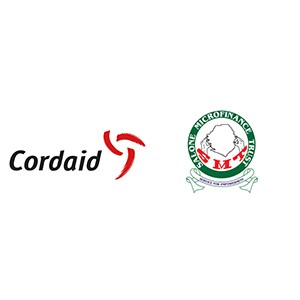
Business Planning for the cooperation of SMT with Airtel Money in Sierra Leone
This study, as part of the axis of the AFR/017 project “Promoting Inclusive Financial Sectors”, aims to analyze the environment of mobile technologies for an optimized deployment of Mobile Banking solutions in the UEMOA zone.

Context: This study, as part of the axis of the AFR/017 project “Promoting Inclusive Financial Sectors”, aims to analyze the environment of mobile technologies for an optimized deployment of Mobile Banking solutions in the UEMOA zone. The recommendations of this study will allow the Central Bank of West African Countries (BCEAO) to take upon the challenges and constraints existing in this area.
Objective: The study will be an overview of various existing frameworks for the regulation of telecommunications and databases. This will generally identify weaknesses in the regulation and how to improve these shortcomings, after a thorough diagnostic on practices and existing regulations within the UEMOA zone.
Deliverables: Have an updated reading of the telecom environment and existing Value Added Services (VAS) offers in each UEMOA country; Understand how national telecom regulations deal with the issue of Mobile Banking in West Africa; Identify challenges and regulatory constraints, as well as expected legal evolutions, for an effective deployment of Mobile Banking solutions; Make recommendations helping in the future to dispose for Mobile Banking of reference regulatory frameworks (telecommunications), with regards to telecoms and data protection regulations; Propose an action plan for the harmonization of telecom and personal data protection regulations; Note if there is a synergy between telecom and banking regulations; Elaborate the cartography of regulations; Highlight through the study the aspects related to transparency, pricing and competition in telecom sector (interconnection, USSD).
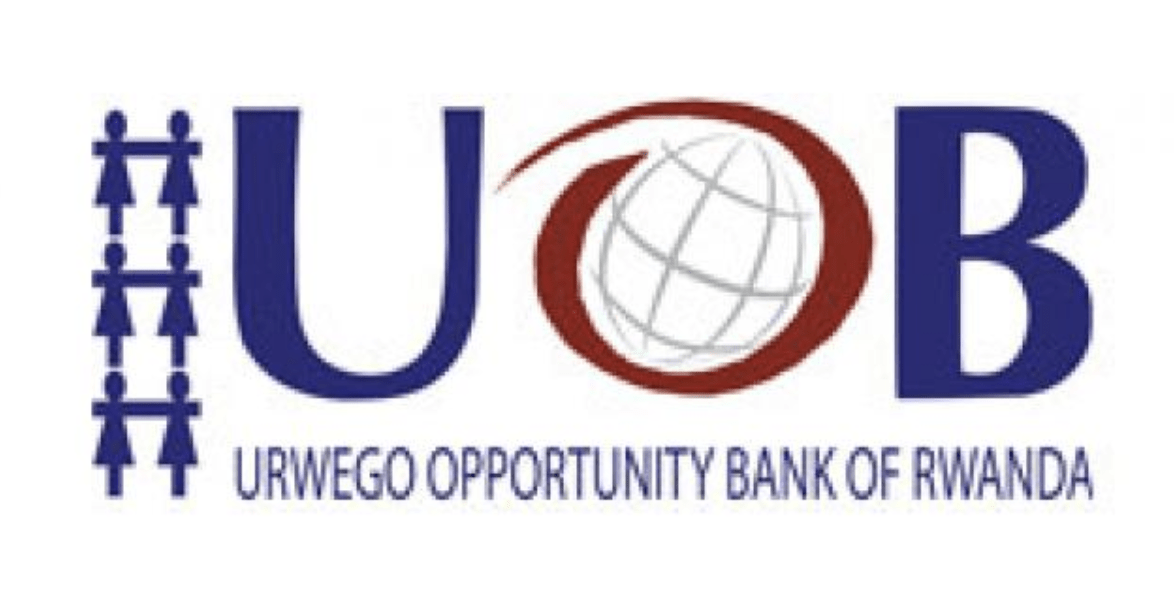
Strategy and Implementation for Mobile Financial Services Rwanda
Urwego Opportunity Bank wanted to provide its customers with access to savings accounts and allow repayments of loans via the mobile phone using the mVisa platform.
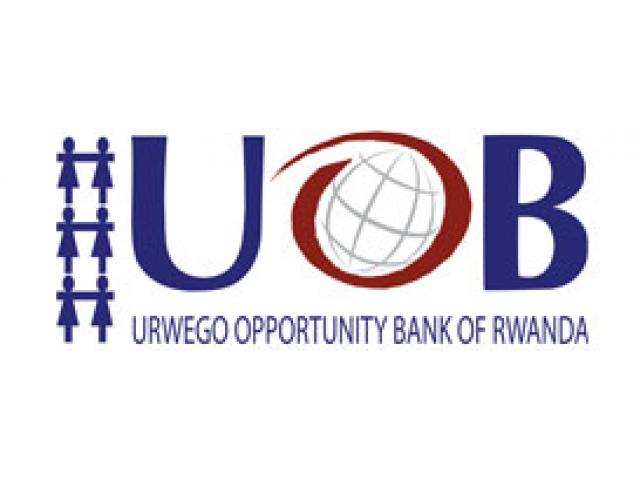
Context: Urwego Opportunity Bank wanted to provide its customers with access to savings accounts and allow repayments of loans via the mobile phone using the mVisa platform.
Objective: ensure the MFI was well prepared, organized and trained to successfully manage the service.
Deliverables: readiness diagnostic; regulatory analysis; market study; business model and implementation plan (cost model, agent network strategy, customer tariff, savings benefits for UOB and its customers); service provider partnering and negotiations; integrating m-banking service into UOB operations; marketing strategy; training support; friendly user testing, KPIs and launch result evaluation.
